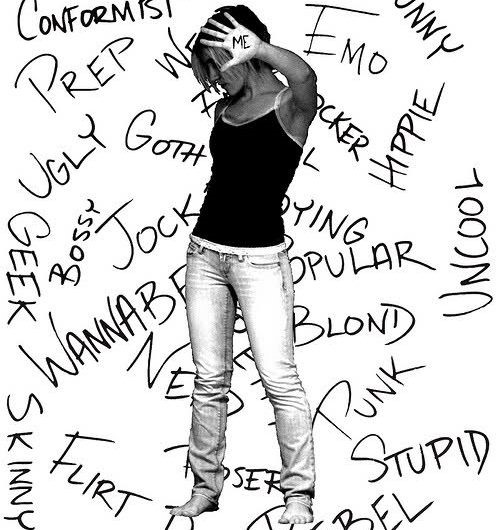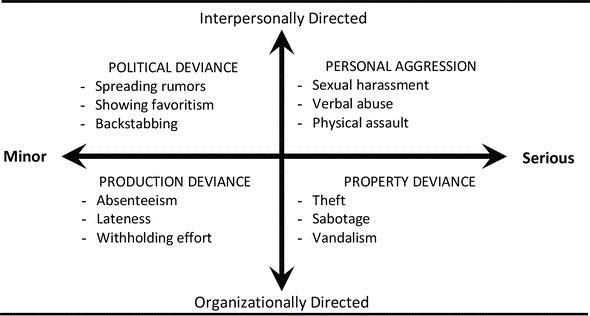Techniques of Neutralization – Criminology
Introduction The techniques of neutralization are a set of psychological and social processes that enable people to commit crimes without remorse and offer them the opportunity to have some control over their life. The term was coined by sociologist Edwin Lemert, and it is widely used in criminology. In this article, I will be talking…










